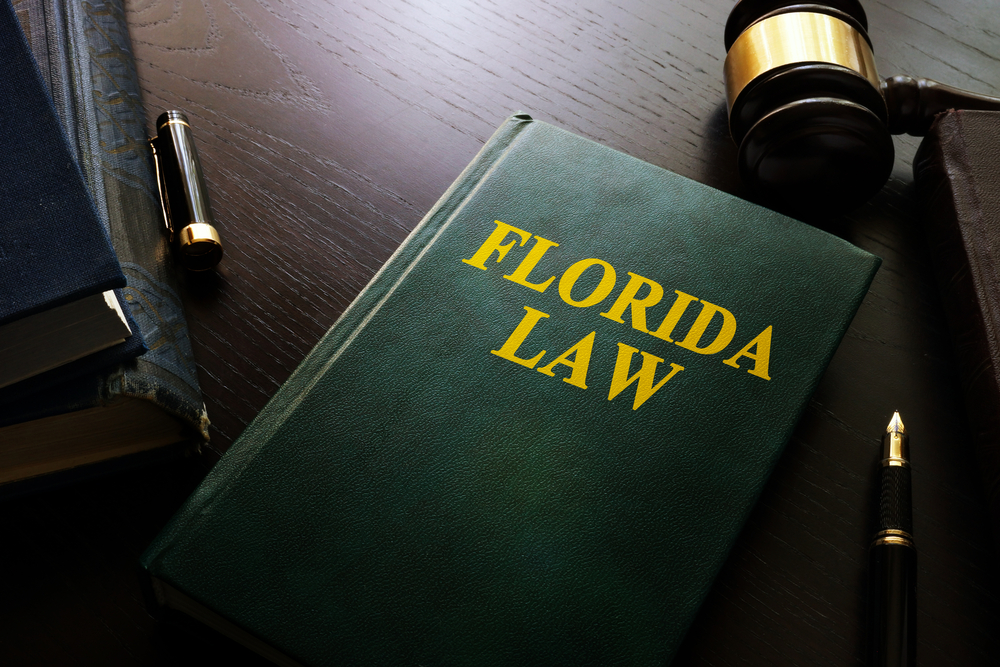The Intersection of FWC Laws and Other Legal Areas
In the intricate tapestry of legal frameworks that govern our lands and waters, Florida Fish and Wildlife Conservation (FWC) laws emerge as critical threads. These statutes do not exist in isolation; they intersect with various legal domains, creating a complex mosaic of regulations that aim to balance conservation with societal needs. This exploration delves into the multifaceted world where FWC laws meet other legal areas, revealing the nuances and challenges of managing and protecting Florida’s rich natural heritage.
FWC Laws and Environmental Legislation
FWC laws are a cornerstone of Florida’s environmental protection efforts, but they don’t stand alone. They complement and are often intertwined with broader environmental legislation like the Clean Water Act and the Endangered Species Act. This synergy is crucial, as it allows for a more comprehensive approach to conservation. For instance, while FWC laws may protect a specific species, federal laws can provide broader habitat protection. Understanding this interplay is essential for anyone navigating these legal waters, from policymakers to conservationists and land developers.
Property Rights and Land Use
The intersection of FWC laws with property rights and land use regulations is complex and often contentious. Private landowners may find themselves navigating a maze of regulations regarding land development, especially when their property is a habitat for protected species. Zoning laws, habitat conservation easements, and FWC regulations create a framework that seeks to balance private property rights with the public interest in conservation. This balance is delicate and often requires careful negotiation and legal guidance to navigate successfully.
Commercial and Recreational Interests
Florida’s natural resources are not just a haven for wildlife; they’re also a playground and workplace for people. FWC laws intersect with commercial and recreational interests in many ways. For the fishing industry, boating community, and tourism operators, these laws dictate what is permissible and what is not. While these regulations are in place to ensure sustainable use of resources, they can also impact livelihoods and recreational activities. The challenge lies in crafting laws that protect natural resources without burdening those who rely on them.
Indigenous Rights and Cultural Considerations
In Florida, as in many parts of the United States, indigenous rights and cultural considerations play a vital role in the conservation landscape. FWC laws intersect with these rights, particularly regarding traditional hunting and fishing practices. Respecting cultural heritage while ensuring conservation can be a complex issue, requiring a deep understanding of both legal frameworks and cultural practices. This intersection is not just about legal compliance; it’s about respecting and integrating the deep-rooted connections that indigenous communities have with the land and its creatures.
International Treaties and Agreements
FWC laws don’t stop at the state or even national border. They are part of a global network of treaties and agreements aimed at protecting the planet’s biodiversity. International agreements like the Convention on International Trade in Endangered Species (CITES) and various migratory bird treaties have implications for how Florida enforces its wildlife laws. These agreements reflect a global consensus on conservation and impose obligations that state laws must adhere to, ensuring that Florida’s efforts are part of a worldwide movement.
Legal Challenges and Controversies
The intersection of FWC laws with other legal areas is not without controversy. Legal challenges arise, often making their way through the courts, setting precedents, and sometimes reshaping the legal landscape. These cases can range from disputes over land development and protected species to conflicts between state and federal regulations. Each case is a story, a lesson in the complex interplay of interests and laws that govern our natural world.
Future Trends and Legal Developments
As society evolves, so do its laws. Emerging trends in conservation, such as the recognition of the intrinsic value of ecosystems and the increasing use of technology for enforcement, are influencing how FWC laws intersect with other legal areas. Climate change, in particular, is prompting a reevaluation of many regulations as policymakers seek to adapt to a rapidly changing world. Staying informed about these developments is crucial for anyone involved in land use, conservation, or any field where these laws intersect.
In The End
The intersection of FWC laws with other legal areas is a dynamic and complex field, reflecting the myriad ways in which human activities intersect with the natural world. Navigating this landscape requires not just knowledge but also a deep appreciation of the delicate balance between conservation and other societal needs. As we move forward, the challenge will be to continue refining these laws, ensuring they protect Florida’s natural heritage while accommodating the legitimate needs and rights of its people.
For those navigating this complex legal landscape, staying informed and seeking expert guidance is crucial. Whether you’re a landowner, conservationist, or involved in any activity where these laws intersect, understanding the nuances can make all the difference. If you’re facing legal challenges or seeking to understand how these laws affect you, contact Sando Law for expert advice and representation.
Sando Law, P.A. represents clients pre and post criminal charges, clients facing fish and wildlife violations, and clients in need of immigration counsel.


